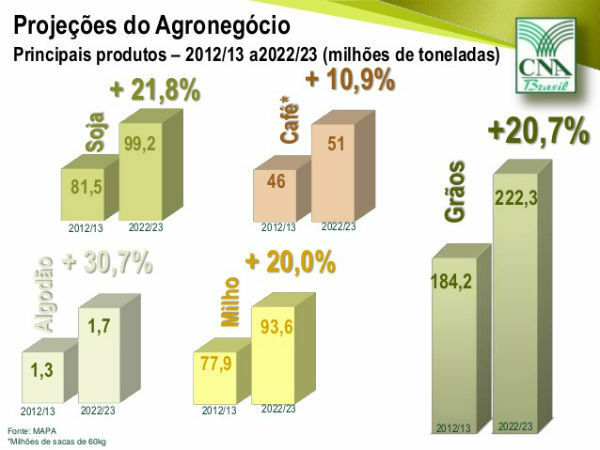Sustainable consumption is the idea of Consciously consume products and services, with the intention of avoiding or eliminating waste and environmental and social impact.
For the practice of sustainable consumption to occur, it is necessary to develop a ecological awareness, when people recognize the fact that natural resources are limited and must be handled responsibly.
The concept of sustainable consumption also provides for the progressive restructuring of the so-called "consumer societies", causing people to consume only what is necessary for survival and well-being, avoiding exaggerated waste.
The strengthening of the concept of sustainable consumption emerged from the United Nations Conference on Environment and Development, in 1992, in Rio de Janeiro. In this meeting, the Global Agenda 21, a document that establishes measures and plans to improve consumption patterns in the world, guaranteeing the planet's ecological balance.
The call "conscious consumption", "green consumption" it's the
"responsible consumption" are aspects of sustainable consumption, each of which is directed towards a different dimension of consumption.Learn more about Sustainability and the Examples of Sustainability.
Sustainable consumption practices
- Among some of the actions that help to develop the idea of sustainable consumption are:
- Recycling of material waste;
- Avoid wasting electricity and water;
- Use ecological bags;
- Buy furniture that uses certified wood (legally extracted from nature);
- Try to use renewable energy sources (solar plates, for example);
- Do not consume products from companies that are not environmentally conscious;
- Avoid purchasing products that have been illegally tested on animals or made under precarious working conditions;
- Opt for local and regional products;
- Valuing sustainable and non-consumer advertising;
- Prefer virtual materials that can replace printed ones (saving paper use).
See also: the meaning of sustainable development and environmental sustainability.


